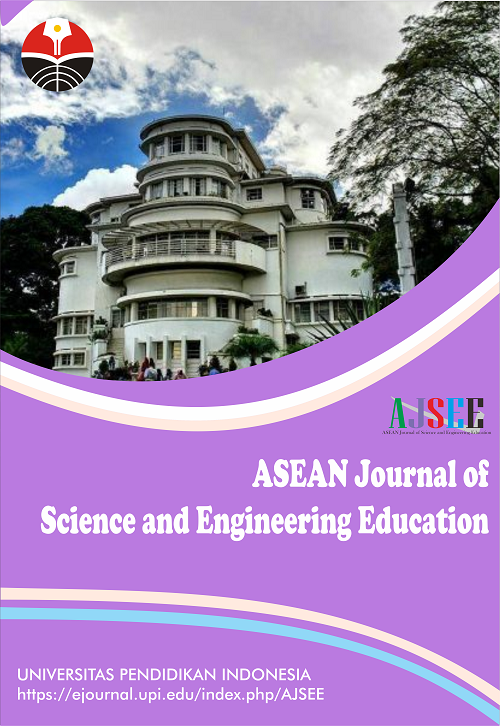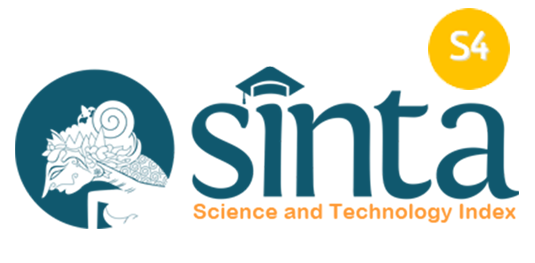Assessment of Achievement Motivation, Personality, and their relationship with Socio-Economic Class of the Engineering students
Abstract
Keywords
Full Text:
PDFReferences
Jin, A. (2013). Physical education curriculum reform in China: a perspective from physical education teachers. Physical Education and Sport Pedagogy, 18(1), 15-27.
Pérez, J. J., Berjano, E., and González-Suárez, A. (2022). In-silico modeling to compare radiofrequency-induced thermal lesions created on myocardium and thigh muscle. Bioengineering, 9(7), 329.
Vesely Maillefer, A., Udayar, S., and Fiori, M. (2018). Enhancing the prediction of emotionally intelligent behavior: The PAT integrated framework involving trait EI, ability EI, and emotion information processing. Frontiers in psychology, 9, 1078.
Shehni, M. C., and Khezrab, T. (2020). Review of literature on learners' personality in language learning: focusing on extrovert and introvert learners. Theory and Practice in Language Studies, 10(11), 1478-1483.
Giyazova, N. S. (2022). The influence of extroversion introversion on learning english as a foreign language. ACADEMICIA: An International Multidisciplinary Research Journal, 12(4), 354-361.
Silaban, N., Giawa, T., and Hutabarat, I. (2021). Psychological personality of the main character in john green’s the fault in our stars. Jurnal Littera: Fakultas Sastra Darma Agung, 1(1), 10-17.
Luttrell, A., and Sawicki, V. (2020). Attitude strength: Distinguishing predictors versus defining features. Social and Personality Psychology Compass, 14(8), e12555.
Ghavami, N., and Mistry, R. S. (2019). Urban ethnically diverse adolescents’ perceptions of social class at the intersection of race, gender, and sexual orientation. Developmental Psychology, 55(3), 457.
Patel, S., Tiwari, H., and Sharma, O. P. (2019). Effect of socio-economic status and personality of the mother on educational rearing pattern. IAHRW International Journal of Social Sciences Review, 7(4), 620-624.
Zhang, D., Zhou, Z., Gu, C., Lei, Y., and Fan, C. (2018). Family socio-economic status and parent-child relationships are associated with the social creativity of elementary school children: The mediating role of personality traits. Journal of Child and Family Studies, 27(9), 2999-3007.
DOI: https://doi.org/10.17509/ajsee.v3i2.49348
Refbacks
- There are currently no refbacks.
Copyright (c) 2022 Universitas Pendidikan Indonesia

This work is licensed under a Creative Commons Attribution-ShareAlike 4.0 International License.














